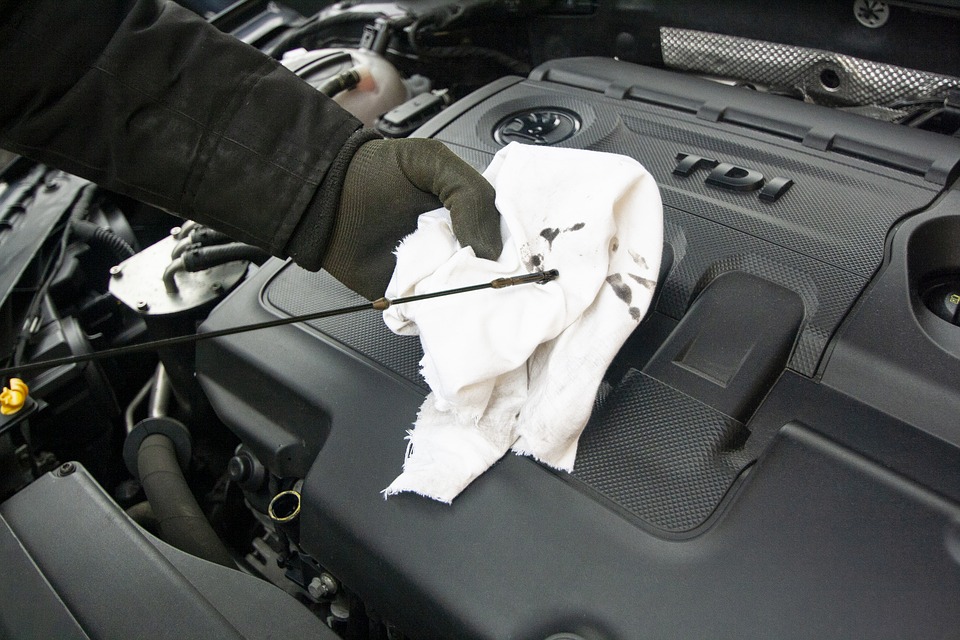Engines are made up of many moving parts, and to avoid costly damages, those parts need to be properly lubricated. Engine oil provides this vital function. However, that oil breaks down overtime and becomes contaminated with dust, dirt and debris from the engine as well as the environment. When that happens, engine oil can’t properly do its job.
Proactively changing your vehicle’s oil will help the engine continue to work at its best capability and prevent costly repairs down the road. Compare the average cost of a years worth of oil changes, which is around $120, to the cost of not proactively maintaining a vehicle’s engine, which is around $4,000, and the benefit to both your wallet and your vehicle’s well-being is clear.
What Oil Does for Your Car:
- Maintains Engine Lubrication. Imagine all the moving parts, pistons, valves, and other engine parts moving at high rates of speed under the hood of your car. These components create heat and can wear down the engine dramatically without proper oil lubrication. Refer to the owner’s manual to see what specific weight and grade of oil your vehicle requires, and ensure it is kept at the recommended fill volume.
- Cools Engine Components. Moving parts that lack proper lubrication create friction, which in turn creates heat. Maintaining clean and sufficient amounts of oil is the perfect solution to prevent your engine from overheating.
- Removes Engine Wear Particles and Sludge. Dirt particles can kill engines. Over time, dirt can cause corrosion and decrease the life of an engine. Also as time goes on, oil breaks down and turns to “sludge.” To avoid sludge build up, you have to keep your engine clean. Routine oil changes help remove particles and sludge, and keeps your engine at peak condition.
- Improves Gas Mileage. Poor engine lubrication can lead to increased fuel consumption. The U.S. Department of Energy states that routine oil changes can increase gas mileage by 2%. That doesn’t sound like much of an improvement, but for the average car, it leads to savings of an entire gallon of gas a year!
- Promotes Vehicle Longevity. Plain and simple, routine maintenance makes your vehicle last longer. Buildup from dirty oil robs a vehicle’s fuel economy and power and makes internal components work harder. An engine that works too hard will end up having more problems down the road, as well as a shorter life span. According to Kelley Blue Book, car value increases if regular maintenance has been upheld.
Performing oil changes yourself can be a hassle, but it is a necessary task that must be done! To save a couple of dollars on your next oil change, visit Groupon and see which establishments have the best deals!

